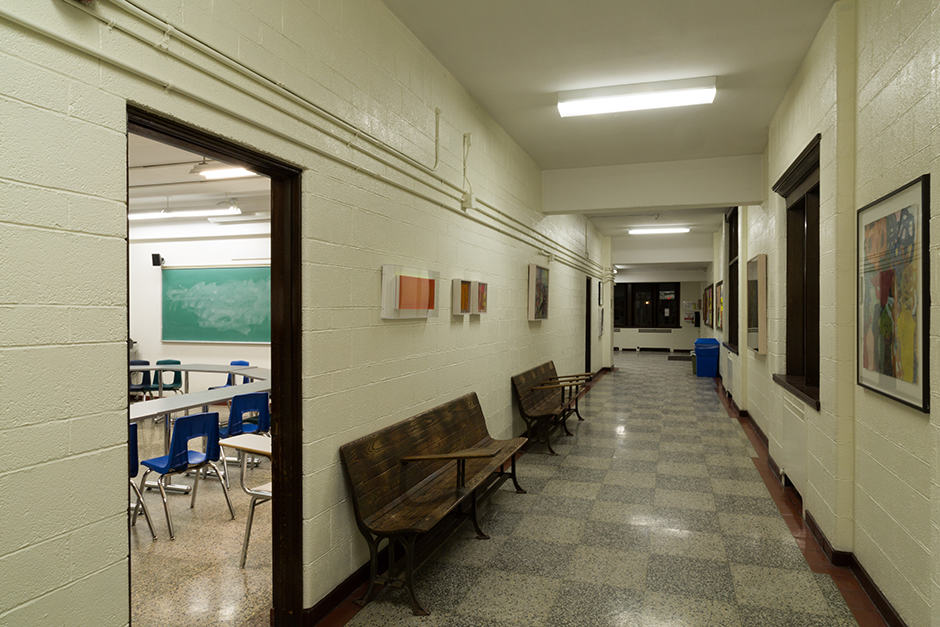Last November, teaching assistants at U of T overwhelmingly approved a motion to give their union (CUPE 3902) a strike mandate. Their main objectives were to seek higher wages and tuition waivers during renegotiation of graduate student funding packages with the university administration. A more complete picture of their grievances can be found in an op-ed written by Ryan Culpepper and Craig D. Smith for The Varsity shortly before winter break last year. While I support graduate students in their struggle for fairer compensation, I believe that a TA strike represents unsuitable leverage to use in these negotiations.
Graduate students play a dual role at the university: a primary role as junior academics and a secondary role as teaching assistants. These two roles should not be confused with each other. The former involves a lot of stress and little financial compensation. The latter is an undeniably great part-time position that pays a substantial $42.05 per hour for some fairly low-pressure work.
Graduate students will of course urge us to look at this rate in the context of their overall take-home pay of approximately $15,000, but the TA salary should instead be examined separately from other sources of funding. Indeed, while other stipends are rewarded to encourage the pursuit of graduate studies and academic research, this salary is paid in direct exchange for services provided to undergraduate students. Even the tasks themselves are completely separate, as TAs often lead tutorials only marginally related to their actual topics of research. This distinction is important because, unlike research work, teaching assistantships are generously compensated and should not be any cause for protest.
As it happens, most of graduate students’ grievances stem from their role as junior academics. For instance, they object to having to continue paying the full tuition of $8,500 after their third year because they no longer take any classes. They also protest against their minuscule annual take-home pay, because they are earning below the poverty line, despite working full-time. These are legitimate grievances, but they have little to do with their role as TAs.
Given that teaching assistantships and graduate studies involve distinct work and distinct compensations, they should be clearly distinguished: dissatisfaction with one need not involve retaliation through the other. The most legitimate way for graduate students to protest their increased tuition and unfair stipend would be to strike in their capacity as academics by choosing to stop attending graduate classes or cease research work, for example. To drag undergraduate students into a negotiation in which they have no stake and little say is to hold them hostage to be used as leverage. This seems selfish and unfair.
While I disagree with graduate students’ method, I am sympathetic to their cause. Graduate students are incurring significant opportunity costs by choosing to pursue their passion; such dedication should not be rewarded with diminished living standards. Furthermore, in these negotiations, graduate students are only asking for a routine increase in stipends — which have been frozen since 2008 — to match the increased costs of living. After all, if tuition can be raised three per cent a year to match inflation and increased costs, there is no reason why graduate funding packages should not follow suit.
Teaching assistants are a vital part of the undergraduate experience, and their grievances demand the university’s attention. However, this doesn’t justify graduate students leveraging off this role to seek fairer compensation for something quite unrelated. Perhaps, in this instance, the easiest way to avoid any potential disruption to undergraduate studies would be for the university to pay what is rightfully due.
Li Pan is a third-year student at Trinity College studying financial economics and math. His column appears every three weeks.


